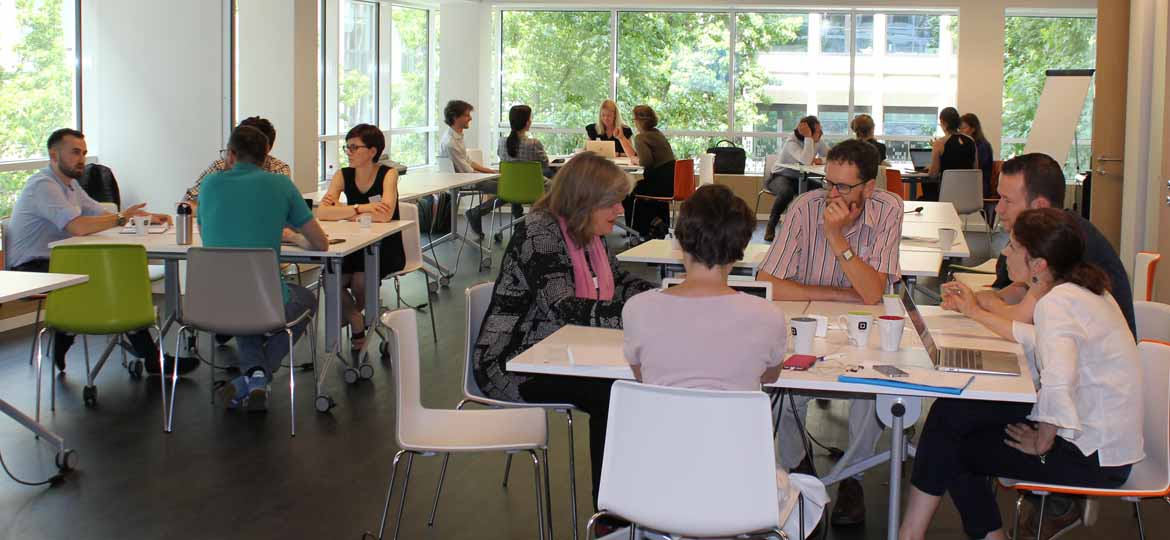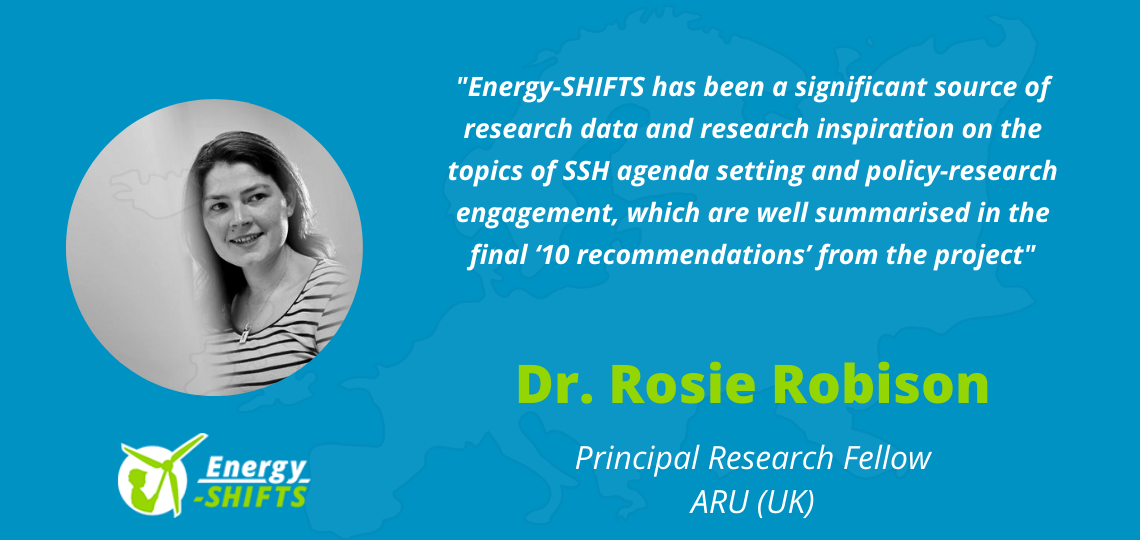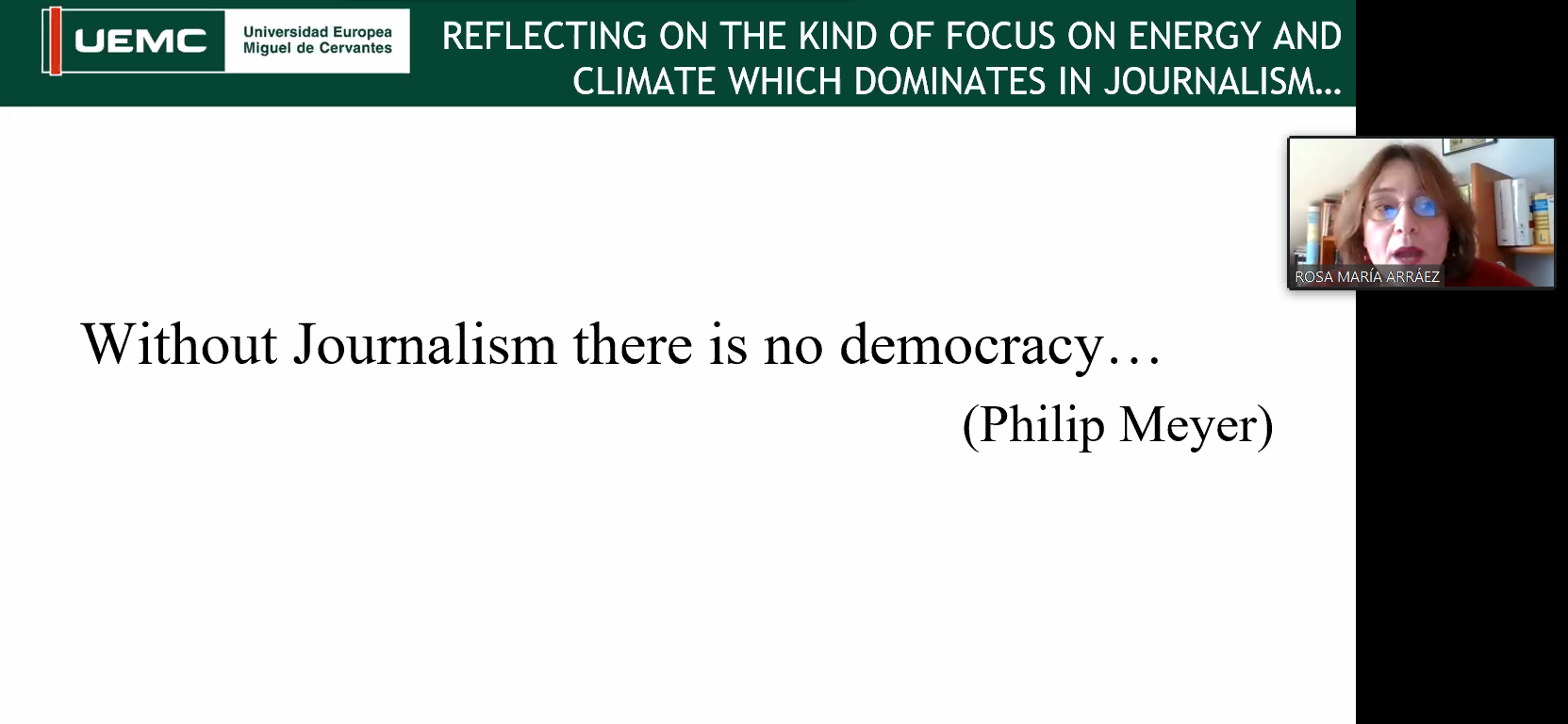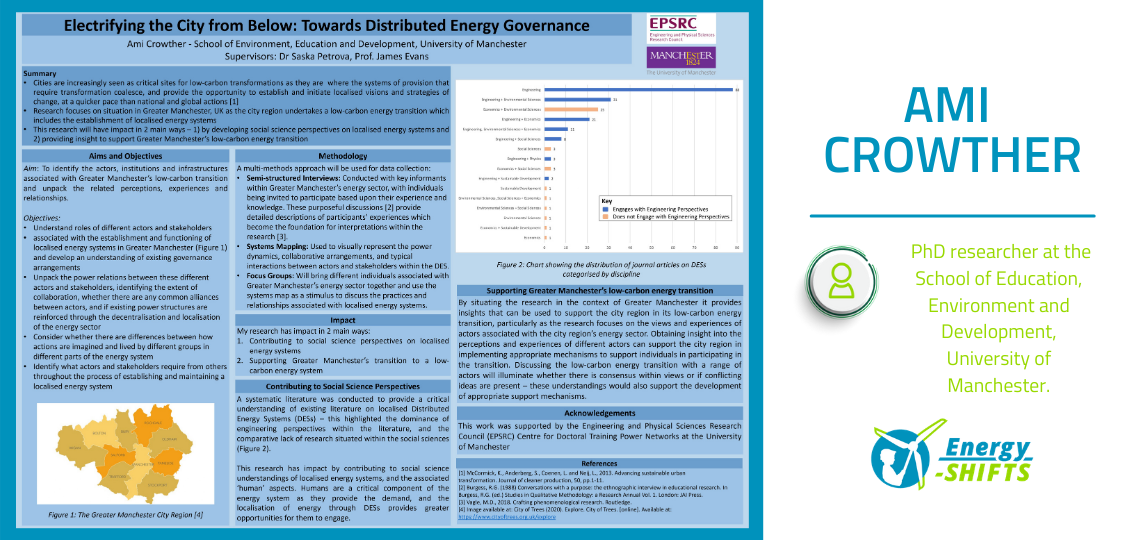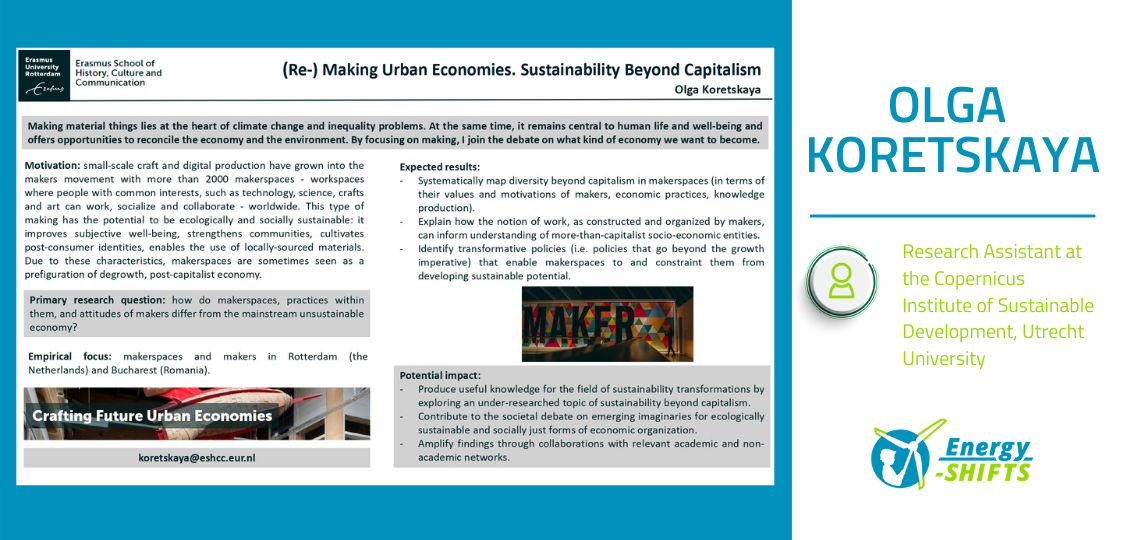Agnete Hessevik is a PhD Candidate at the University of Bergen
We need to make research more inclusive!
How to make low carbon transport solutions more inclusive and just was the topic for the workshop held in Brussels on 25th June and hosted by our consortium partners NTNU and JU.
The group discussions at the workshop were set up in a world café fashion. Four groups rotated between tables and discussed questions related to inclusive engagement. Inclusive engagement is by no means easy to define. Who are to be included, and what are they to be engaged in?
Among many good reflections, one point that came up was that we as researchers could be more inclusive when doing research.
One thing that social science and humanities researchers understand is the value of bringing together different perspectives – that is different ways of seeing the world. In order to do good research, our thinking must be challenged.
The world café: concerns of researcher over-crowding
An important aim for the workshop was to generate new insights for researchers and policy workers. To achieve this, we invited researchers, policy workers and civil society representatives to meet around the table in the world café. Representatives from all of these groups did indeed come to the workshop. Unfortunately, researchers by far outnumbered policy workers and civil society researchers.
Although the discussions surely were fruitful, I have to wonder: What perspectives did we miss out on?
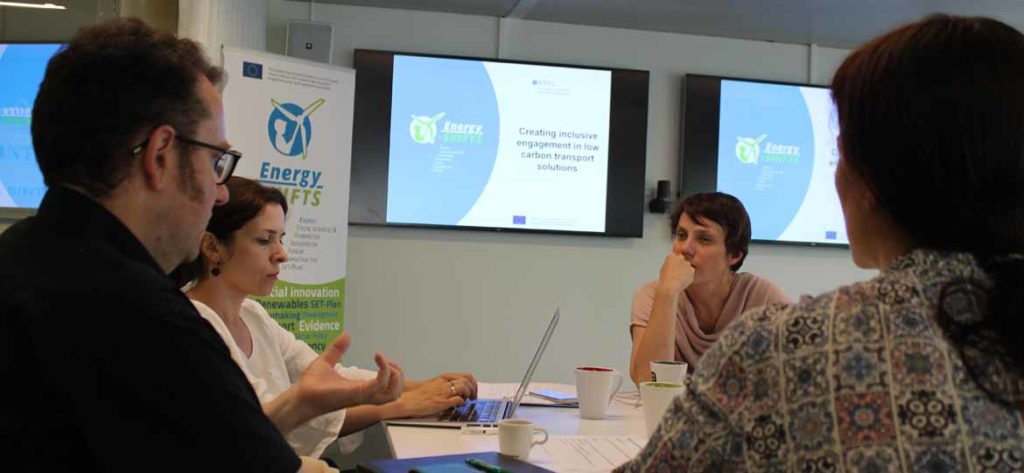
How to make workshops more inclusive?
Workshops are a useful way for bringing a research agenda forward. However, it seems to be somewhat difficult to get policy workers and civil society representatives to join with researchers to brainstorm. An experience from organizing a multi-actor event like “Klimathon” at the Centre for Climate and Energy Transformation (CET) is that it is especially tricky to get decision makers to join – at least for a full day.
Why is that? I’m not going to claim that I have the answers. However, I do suspect that one reason is that we organize the workshops on our own premises. We use our own perspective and jargon. (I might just have done that in this blog post!). The value of a workshop is probably more immediate to a researcher than a policy worker. Not to mention the possibility to spend a whole day on a workshop. If this is the problem, we need to organize workshops in a way that makes it possible, practical and appealing for policy workers, decision makers, civil society representatives, and even citizens, to join. For the “Klimathon”, CET therefore try to organize the event in such a way that it is possible to participate in key activities during the day.
Researchers can create meeting points
Another important point that was made in the workshop is that there are many good solutions out there, but that there is a lack of meeting points for sharing those good solutions. One way that researchers can engage in climate and energy solutions is actually to help create those meeting points (Haarstad et al., 2018) – for example by arranging for researchers, practitioners and citizens to meet in a world café.
Let’s aim for even more inclusive research!
Reference
Haarstad, H., Sareen, S., Wanvik, T. I., Grandin, J., Kjærås, K., Oseland, S. E., Kvamsås, H., Lillevold, K., Wathne, M. (2018). Transformative social science? Modes of engagement in climate and energy solutions. Energy Research & Social Science, 42, 193-197.
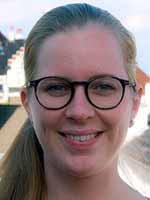
Agnete Hessevik is a PhD Candidate at the University of Bergen

